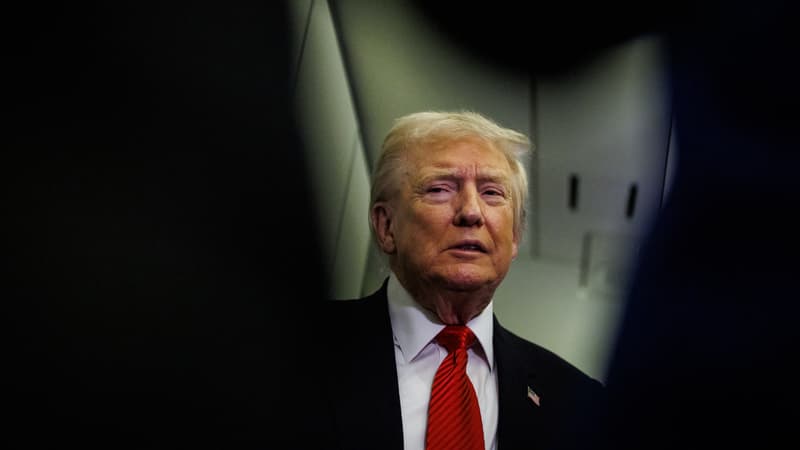European companies are adapting to US customs tariffs better than feared. “What customs duties?” It even provokes the Bloomberg agency, pointing out that a basket of European shares from Goldman Sachs, made up of the companies most exposed to customs duties, even obtained a higher performance in October than the rest of the market.
Following the publication of favorable results, the value of these shares appreciated by 6%, that is, double that of the Stoxx Europe 600 index and even, a final paradox, three times more than shares exposed only to the domestic market.
The agency’s data also suggests 12% growth in the value of the top 600 continental capitalizations in 2026.
This tends to confirm the forecasts of the credit insurance company Coface, cited by Les Échos in mid-October, which showed that the majority of customs duties were, at this stage, paid by American companies and consumers. At the end of the year, Goldman Sachs estimated that American consumers would bear 55% of the cost of tariffs, American companies 22%, and foreign exporters “only” 18% if they lowered their prices.
Cost reduction
In fact, some European companies appear to have adapted by actively reducing their costs. This is particularly the case for Unilever, which estimated that it outperformed its competitors in the United States “by far” when announcing its quarterly results.
Its new chief executive is streamlining the company, cutting costs and exploring the possibility of selling non-core brands to strengthen margins. On the other side of the Atlantic, the group is also betting on its beauty and care brands, such as Dove, to position itself in sectors where margins are higher.
Similarly, the Swedish manufacturer Volvo (owned by the Chinese company Geely) attributes its good results to its cost reduction strategy, which includes, in particular, the elimination of 3,000 jobs. After announcing a higher-than-expected profit, the Swedish car manufacturer’s stock rose 40%. The latter also announced that it would produce more cars in the United States, a sign that a drop in employment in Europe could be the counterpart of business resistance. In its annual employment report, the European Commission estimates that 15% customs duties will lead to the elimination of between 135,000 and 450,000 jobs in the European market.
Very exposed, the pharmaceutical sector is trying to negotiate directly with the White House, committing to reduce the prices of its medicines and invest in the United States. Astra Zeneca, for example, has promised to invest $50 billion by 2030 in the country, while pledging to create a direct sales platform to offer discounts to American customers. Offshoring prospects are especially worrisome in Switzerland, while Washington is considering imposing massive surcharges if Swiss pharmaceutical companies do not set up shop in the United States.
-0.7 points of GDP by 2027
The situation is mixed for French companies. Luxury brands have seen their sales increase on the other side of the Atlantic, but Michelin’s activity slows down as alcohol producers such as Pernod Ricard wait impatiently for American wholesalers to finish clearing stocks accumulated at the beginning of the year in anticipation of customs duties. Ultimately, the European Central Bank expects higher tariffs to reduce eurozone growth by 0.7 points by 2027.
In the longer term, the competitiveness of European companies will also be affected by the weakness of the dollar and the strength of China’s exports, which exports its deflation. “Continued weakness in external demand until early 2026, continued challenges to competitiveness in the euro area, increased customs duties and strengthening of the exchange rate are expected to lead to continued losses of export market share, which should also hamper the recovery of business investment,” the European Central Bank summarized in its September forecast.
Source: BFM TV


